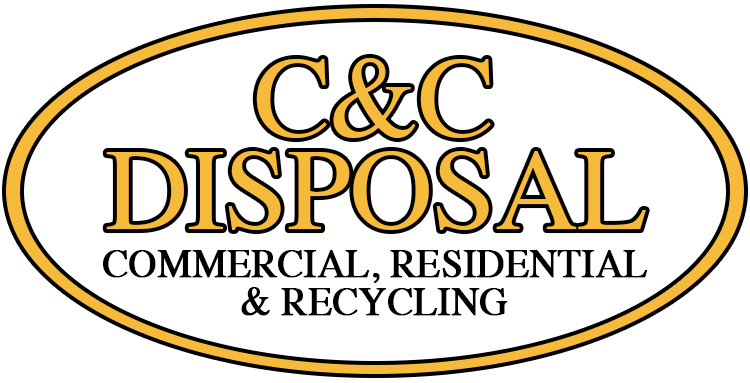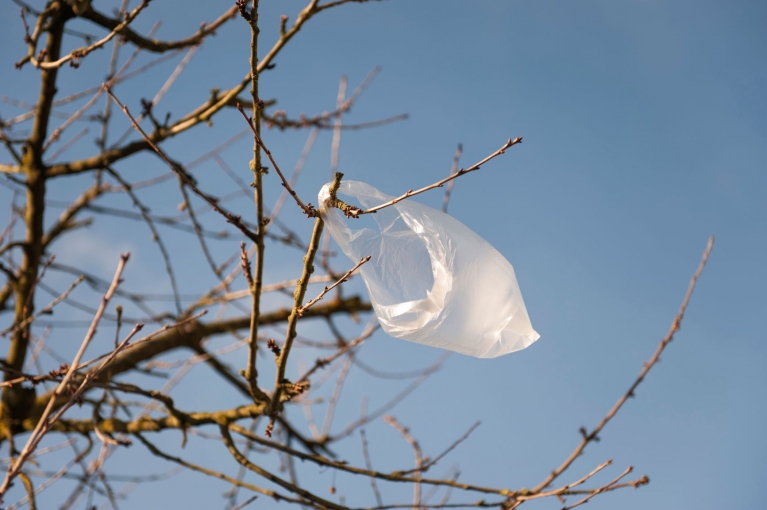Waste disposal has changed abruptly, and recycling has turned into an important part of protecting the environment. Recycling allows people to see unused objects as more than just junk.
Proper recycling can help the environment in ways that many people often overlook. For example, it can keep a range of harmful chemicals from reaching the water supply. Most waste treatment facilities are simply not equipped to remove most chemicals, and this means that harmful chemicals are not simply “washed away” but instead make their way into the water supply.
Once in the water supply, chemicals then make their way into our food supply as farmers water their crops. Recycling can be part of the solution; keeping harmful chemicals out of our bodies.
So how can we improve recycling?
Understand that Recycling Systems Are Overwhelmed
The recycling system is not currently optimized for the challenges it faces globally. A key fact is that when an item enters the recycling system and it is in any way contaminated, that item is simply removed from the system. Understanding this helps us better plan for our future.
All Trash Has to Go Somewhere
Trash that accidentally makes its way into the recycling system contributes to pollution in another way. Non-recyclable trash that goes into the recycling system still must be processed and removed, and that means energy or pollution is expended.
Whether it slows down recycling systems by reducing energy efficiency or it requires the removal of the item from the recycling system, there is a carbon footprint from recycling. Better public education can help us reduce these hazards.
Unexpected Chaos
The problem of trash making its way into the recycling system runs deeper still. If trash breaks during the recycling process, it can contaminate other recyclable materials. The result is that one item of trash mixed into recycling can effectively make a collection of recyclables unusable. To maximize our efforts we must be mindful of what we classify as recycling. Sorting is crucial.
The Economic Impact
Trash and rubbish that makes its way into the recycling system has serious economic impacts as well. Workers must spend extra time dealing with recycling problems caused by garbage.
Hauling away and paying to dispose of trash mixed into the recycling system likewise comes at an economic cost. Equipment can be damaged and broken by trash getting mixed into the recycling system as well. Ultimately, these factors can combine to make recycling more difficult and less cost-effective. If we are going to advocate for more recycling, cost and ease of access are important factors to keep in mind.


Recent Comments